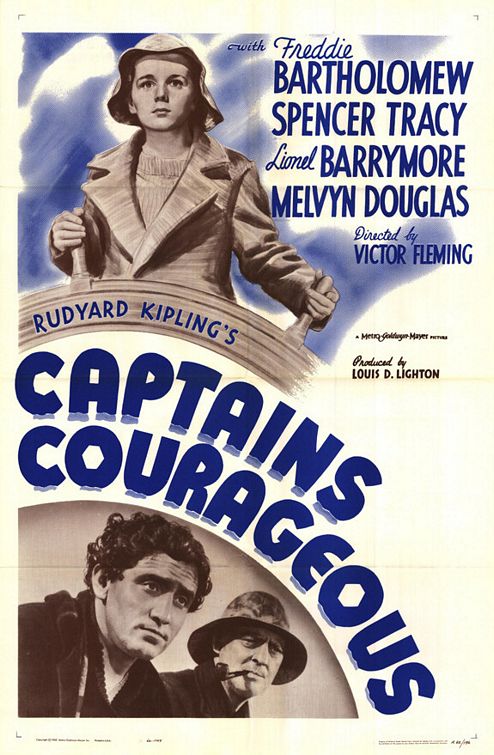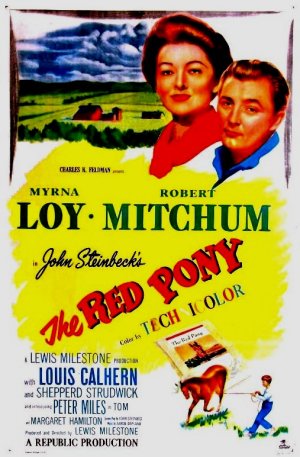Who they are today is most likely who their kids become - and how advisors can help (first in a series)
Key Takeaways:- Fathers are critical to the emotional development of their sons and daughters - and there are fun, creative ways to build emotional connections.
- Family business tensions are often the result of emotional deficits that occur between fathers and children - but they're never too late to correct.
- When fathers become emotionally involved with their sons and daughters, valuable lessons can be passed on about the business - and life.

In his Pulitzer Prize-winning play, "Fences," August Wilson comments on what is considered a common dynamic between fathers and sons. At the end of the play the mother says to her son, "[Your father] tried to teach you all of the things that he wasn't, and at the same time you became all the things that he was."
Did this famous playwright promote a stereotype? A stereotype is generally defined as a widely held but fixed or oversimplified idea of a type of person or thing. My dictionary includes the pejorative, "to make hackneyed."
The stereotypical father runs the business, puts bread on the table and is both the family and company CEO. Continuing this business family stereotype, Mom is also the CEO: Chief Emotional Officer. Maybe that's hackneyed and outdated, but in my experience, that is generally true of family-run businesses.
I have realized over years of consulting just how vital dads are in the emotional development of their adult sons and daughters. Fathers who take the time to bless their children by participating in their lives recognize the powerful bond that is created. The fathers' investment of time and energy reaps tremendous rewards in the relationships they enjoy with their sons and daughters.
Sons who are the beneficiaries of their fathers' attention are generally much more successful. Similarly, when fathers bless their daughters with attention, the girls tend to do better in school, particularly in math, science and business.
Troubled father/son or father/daughter business relationships that make the news are often directly related to what has or has not happened in the parent-child relationship. Tension in the business relationship often results from the emotional deficit that accrued in the family between the father and the kids.
Fathers are critical to the emotional development of their sons and daughters. That is likely no surprise. But even when deficits in emotional involvement have occurred, it is never too late in the family business to make an adjustment. Dads should (may I say "must"?) get involved now with their adult children and their grandchildren. It is mutually rewarding, heals past hurts and prevents future business/leadership tensions.
Building emotional connections
I have found a great way to build emotional connections that are fun and natural: I hold an annual film festival for my two (now 10-year-old) grandsons who are cousins. Last year the film festival theme was 1930/1940s genre horror films, e.g., "Frankenstein," "The Wolf Man" and "Dracula." While this may sound intense, the weekend included lots of pizza, swimming and a local fireworks display. The theme for this year's festival focused on father-son relationships. We watched "Captains Courageous," "The Red Pony," and "Shane." In each film the son is neglected or held at an emotional distance from his father.
In "Captains Courageous," the father and son are completely alienated. The son is a spoiled, entitled brat who is kicked out of prep school. The father is a business tycoon immersed in his business dealings. The story is about how the boy's life is transformed when he is lost at sea and then rescued by a fisherman who, through fishing, teaches him about life skills, values and manhood. The boy and his biological father connect emotionally at the end of the film while the boy is grieving over the loss of his fisherman friend and mentor.

A similar dynamic occurs in "The Red Pony," in which a father and son are distant. To connect with his son, the father gives the boy a red pony. However, the son learns about life, values and manhood from the family's hired hand. At the close of the film, the father becomes involved in his son's emotional life, and they share a connection.

In "Shane," the father and son are not alienated, but the son idolizes a transient, retired gunfighter from whom he learns about life, values and manhood.
ConclusionEach story demonstrates that when the father or his surrogate becomes emotionally involved with the son, the son is able to learn life lessons. The same process can occur in succession planning for a family-owned business.
Part two of this article explores father-son relationships relative to succession planning.